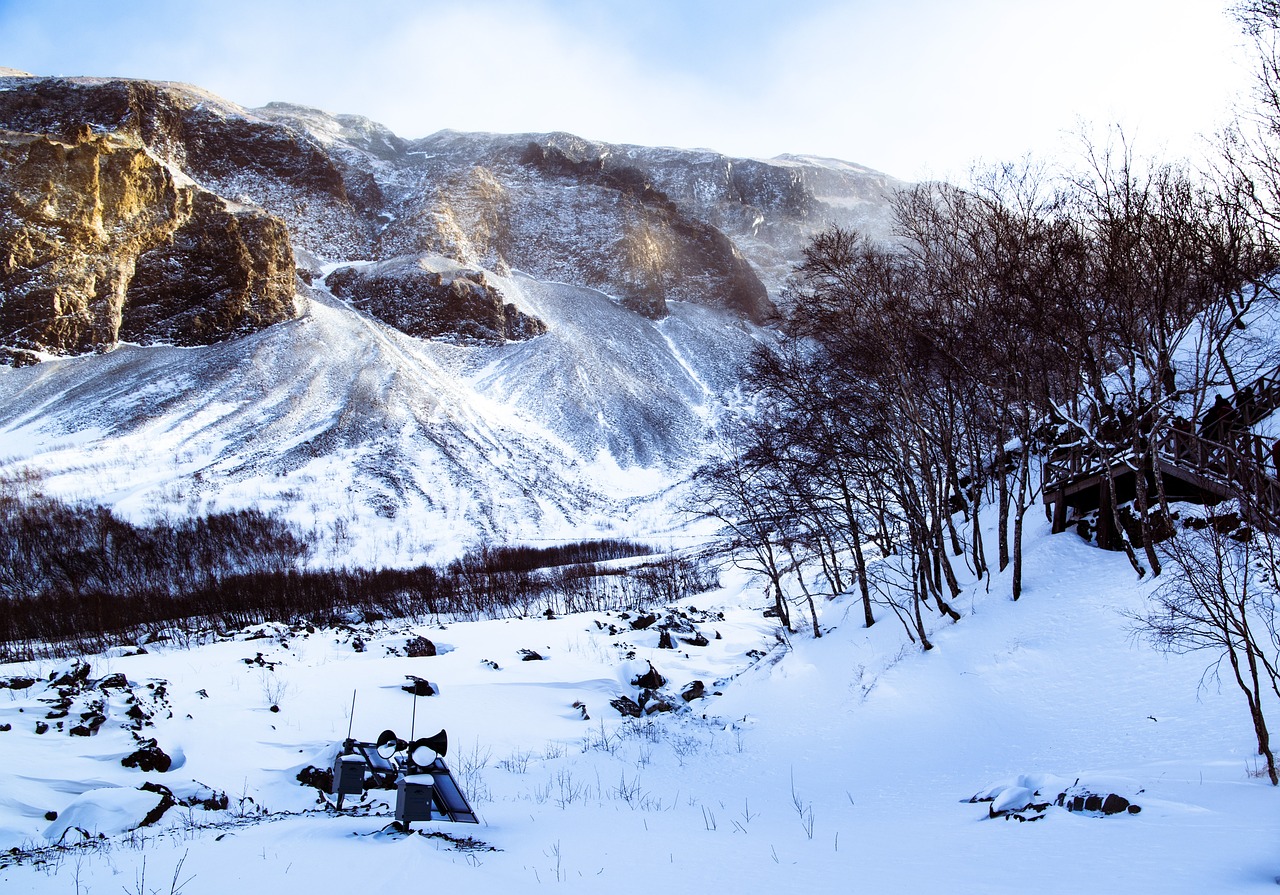As the COP28 climate summit concluded with nearly 200 nations committing to reduce fossil fuel consumption, the world is grappling with a series of extreme weather events exacerbating the impacts of climate change on a global scale.
As the COP28 climate summit concluded with nearly 200 nations committing to reduce fossil fuel consumption, the world is grappling with a series of extreme weather events exacerbating the impacts of climate change on a global scale.
In China, the onset of winter brought the first snowfall to Beijing, covering the city in a thick blanket of snow. Large parts of China experienced a sudden cold wave on Thursday, with temperatures expected to sharply drop in the coming days, especially in the southern regions—an unusual occurrence for December. Beijing, anticipating more snow this week, is bracing for temperatures plunging as low as minus 20°Celsius (minus 4°F).
Meanwhile, tourist towns in Australia’s northeast faced the aftermath of Tropical Cyclone Jasper, which tore through the region, causing uprooted trees, widespread power outages, evacuations, and road closures.
Australia is currently grappling with the El Niño phenomenon, contributing to extreme weather events ranging from wildfires to tropical cyclones and prolonged droughts this summer.
In Russia, unprecedented blizzards swept across swathes of the country, burying Moscow under one of the largest snowfalls in decades. The storm disrupted major roads, presenting challenges for truck drivers dealing with over 20 centimeters of snow and strong winds. Meteorologists suggest that this snowstorm could be one of the strongest to hit Moscow in the past 60 years.
Across the Atlantic in the USA, a low-pressure system is moving up the East Coast of Florida, bringing the potential for torrential rain in several areas.
Li Yifei, an environmental studies specialist at New York University in Shanghai, said, “These extreme weather events will become part of the normal experience moving into the future.”
(with inputs from Reuters)

